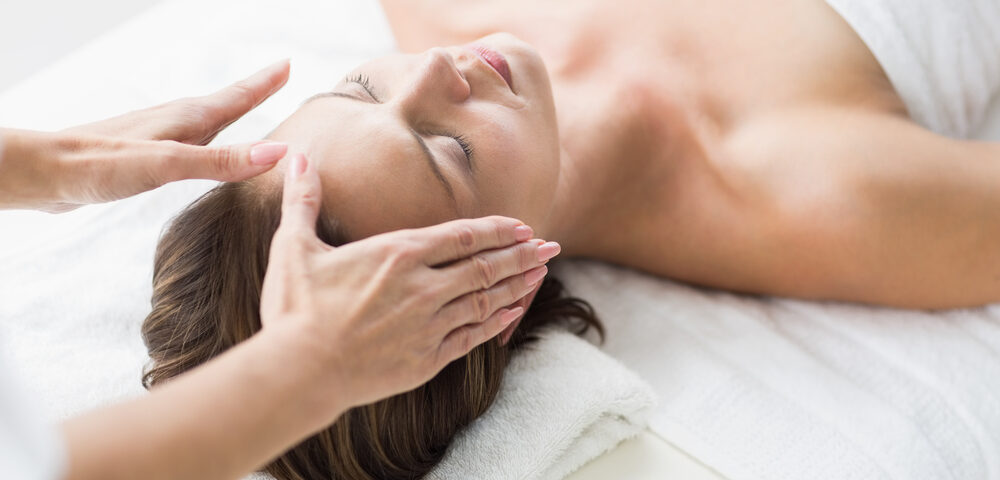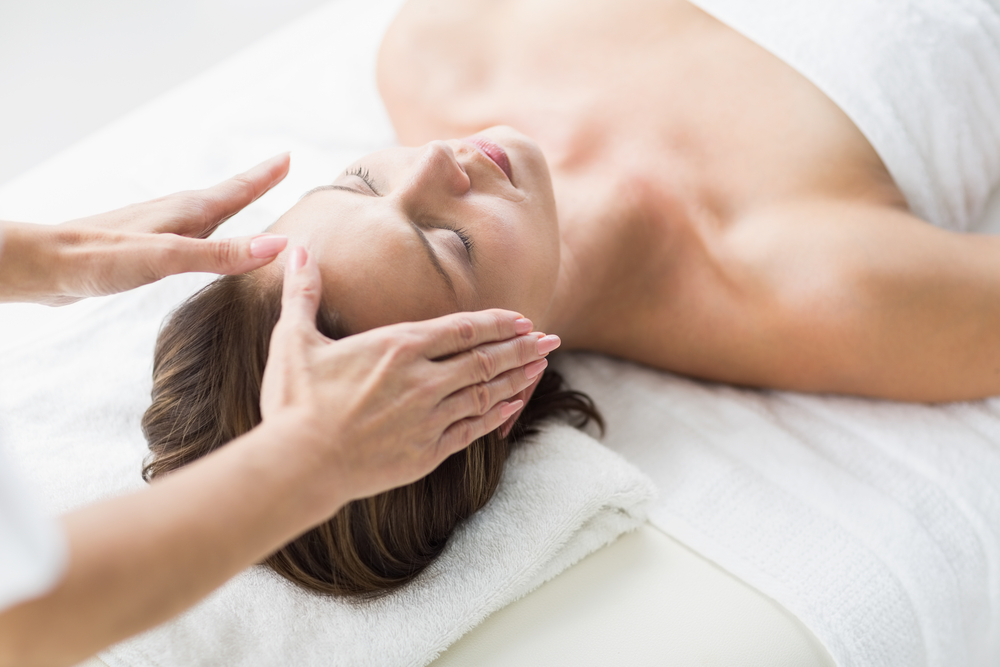Reiki: A Holistic Healing Practice


Reiki is a form of alternative therapy that originated in Japan in the early 20th century, developed by Mikao Usui. The word "Reiki" comes from the Japanese words "Rei," meaning "universal," and "Ki," meaning "life energy." Reiki is based on the belief that this universal life energy flows through all living things and that its balance is essential for physical, mental, and emotional well-being.
In a typical Reiki session, the practitioner uses their hands to channel energy into the patient's body, either through light touch or by hovering their hands just above the body. The goal is to promote healing by removing blockages and restoring the natural flow of energy. Proponents of Reiki believe it can alleviate stress, reduce pain, and support the body's natural healing processes.
Reiki is often used as a complementary therapy alongside conventional medical treatments. While scientific evidence on Reiki's effectiveness is limited, many people report feeling a sense of deep relaxation and inner peace after sessions. Critics, however, argue that the benefits of Reiki are primarily due to the placebo effect.
Despite the debate over its efficacy, Reiki has gained popularity worldwide as a gentle, non-invasive therapy that emphasizes holistic healing. It is practiced in various settings, including hospitals, wellness centers, and private practices, making it accessible to those seeking alternative approaches to health and well-being.
Therapists at Urban Oasis who are trained in Reiki include Asha, Deborah, Melissa, Michael and Sara S.
